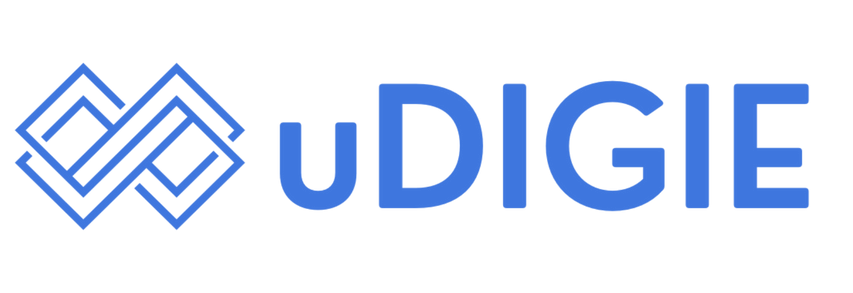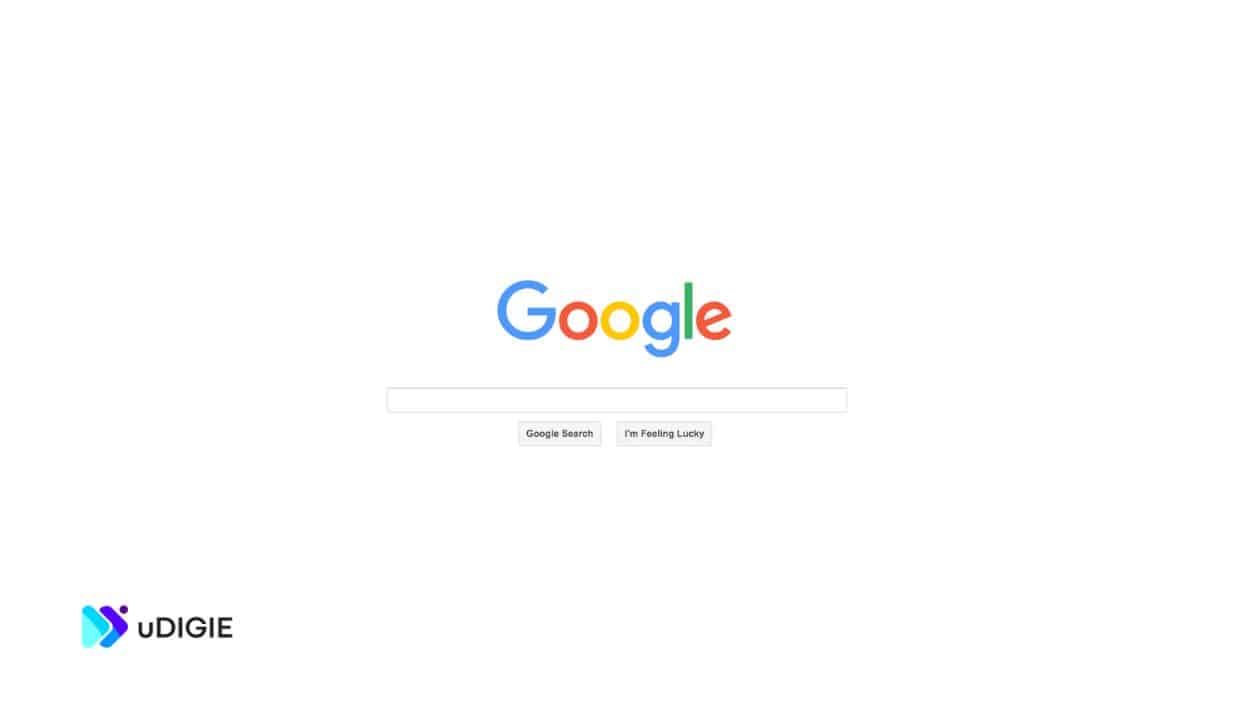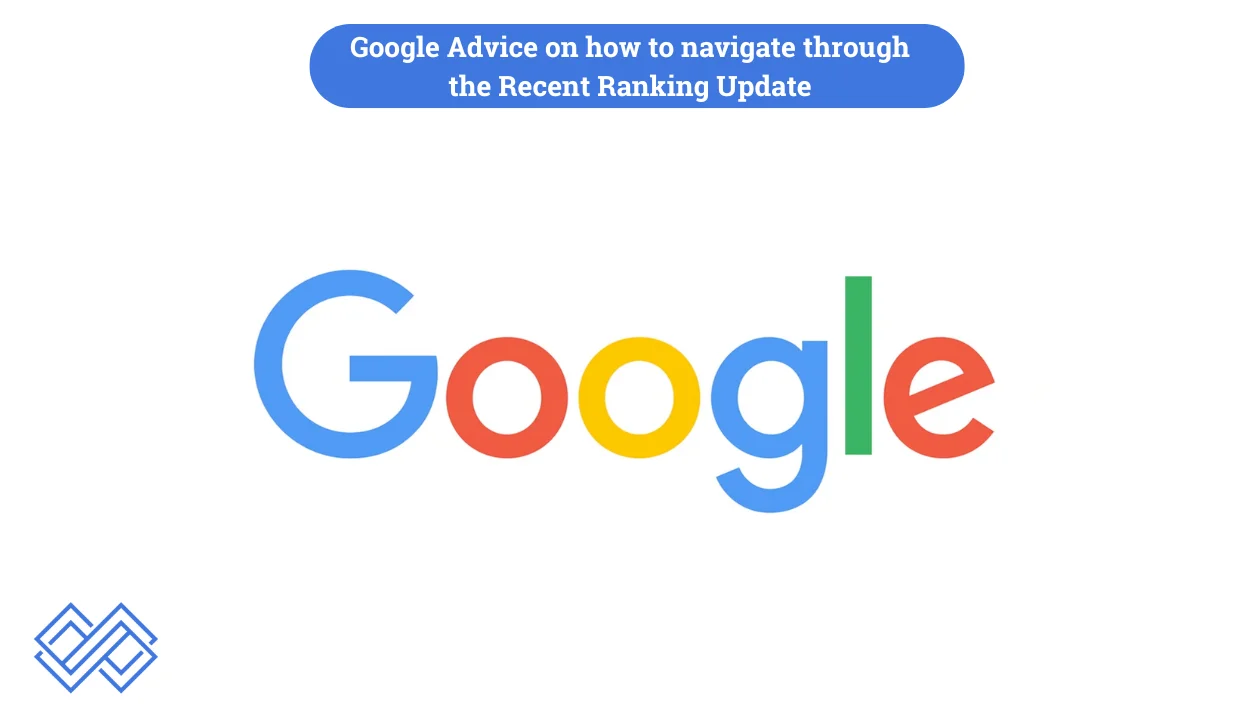Google has officially acknowledged the authenticity of recently leaked internal documents online. The document (potentially) contains data about Google search engine ranking algorithms.
How It Started
Earlier this week, SEO experts Rand Fishkin and Mike King reported about the leak of documents through a detailed blog post. In their blog post, they reported a lot of details about the working of search engine including how Google tracks data such as user clicks and chrome browsing history – two of the signals which Google representatives have previously downplayed as factors in their ranking algorithms.
Since the leak many in the online community have made potentially inaccurate assumptions about how the information provided in the leaked documents fit into Google’s systems. Which is why – Google has also warned against drawing any conclusions based on the leaked documents alone.
Google has also raised precautions related to information provided in the documents that may be taken out of context, and thus should not be used to make any definitive statements about their search engine ranking algorithms.
“We would caution against making inaccurate assumptions about Search based on out-of-context, outdated, or incomplete information,” says Google spokesperson in a statement to The Verge.
What Does The Document Includes
The leaked documents hit at various data points which Google considers before ranking a website. Many experts from the past few days have been trying to decode all the information from the documents. That hints at various points that Google might consider, including:
- User Clicks: The number of times a user clicks on a search result. It helps the system to understand the relevance and popularity of a page.
- Chrome Browsing History: Data from Google’s web browser, which could provide insights into user behaviour and preferences.
There are many more signals that Google might use. But these two are one of the most significant signals that might influence SEO strategies.
For instance, understanding that user engagement metrics like clicks are important as it could lead to creation of more interesting titles and descriptions to attract clicks. Similarly, insights from browsing activity might push SEO professionals to focus on user experience and retention.
Impact On Google
Historically, Google has always balanced the need to guide SEO professionals with a certain amount of information so that they can save their algorithms from manipulation and abuse.
But the leak has placed Google in an uncomfortable position. As now they’ll have to re-evaluate their whole system and become even more cautious and restrictive with their public communications.
Impact On SEO Professionals
The leaked documents come with new opportunities for SEO professionals. As it will help them refine SEO strategies, leading to better search performance. On the other hand, we do expect Google to make some changes that could make it more difficult for the users to rank their website.
But as of now we suggest everyone to focus more on best practices that align with Google earlier stated priorities, such as:
- Quality Content: Emphasising the creation of high-quality and relevant content that meets user needs.
- User Experience: Enhancing website usability, speed, and mobile-friendliness to improve user satisfaction.
- Engagement Metrics: Monitoring and improving user engagement metrics, such as click-through rates and website time.





